Publications
Articles, publications, books, tools and multimedia features from the U.S. Institute of Peace provide the latest news, analysis, research findings, practitioner guides and reports, all related to the conflict zones and issues that are at the center of the Institute’s work to prevent and reduce violent conflict.
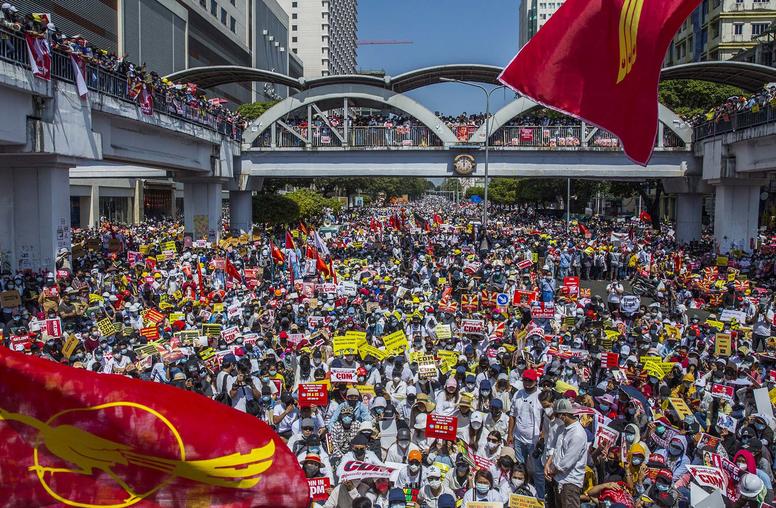
Four Takeaways on the Intersection of Nonviolent Action and Peace Processes
How can nonviolent action and peacebuilding work together? And how can they be brought together to promote positive long-term political change? Although mass nonviolent action movements are taking place at an increasingly rapid rate, they are succeeding in achieving their goals less frequently, and where initially peaceful demonstrations have been met by state violence from Myanmar to Colombia, better understanding these questions is crucial.

10 Steps Washington Can Take After the De-escalation of the War on Gaza
In a call with Israeli Prime Minister Benjamin Netanyahu yesterday, President Biden said he was supportive of a cease-fire amid the continued violence in Israel and the Palestinian territories. As ongoing Hamas rocket barrages and Israeli airstrikes add to the rising death toll, there are immediate, short-term measures needed to stave off more violence. But, a cessation of the current hostilities will not address the long-term issues that have prevented a resolution to the decades-long conflict. How can Washington break through the long-standing status quo that has stymied efforts to forge a peaceful settlement?
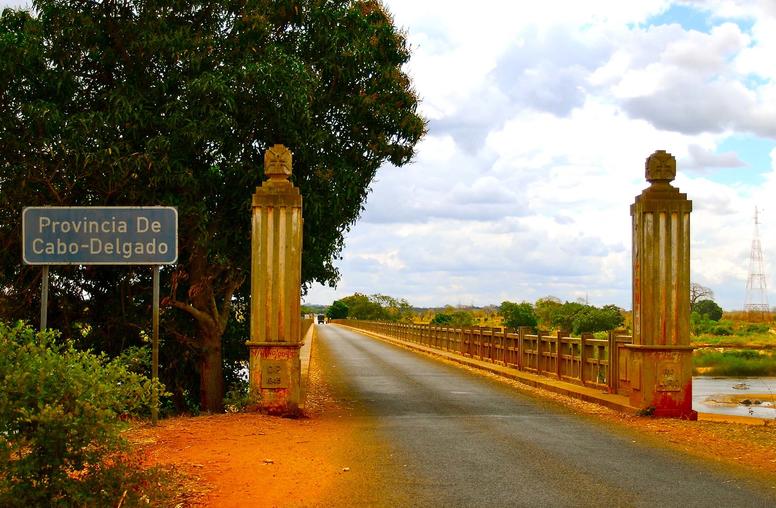
Pathways to Peace in Mozambique
An Islamist insurgency in Mozambique’s northern Cabo Delgado province and the grave humanitarian crisis it has created is threatening the promise of development offered by the discovery of vast reserves of natural gas in the region. It is imperative that the Mozambican government, with the support of the international community, make a concerted effort to return peace to this strategically important part of southern Africa.

Despite the Sham, Syria's Election is Still Significant
In the face of international pushback, the Assad regime is going forward with plans for a presidential election on May 26. While the outcome is in no way uncertain — Assad will win amid deeply unfair election practices — the decision to proceed with the vote has major implications for international efforts to resolve the decade-long civil war. USIP’s Mona Yacoubian looks at how the election might affect the situation on the ground in Syria, what it means for the U.N.-backed Geneva peace process and how the Assad regime’s renewed stranglehold on power could affect regional tensions and U.S. interests.
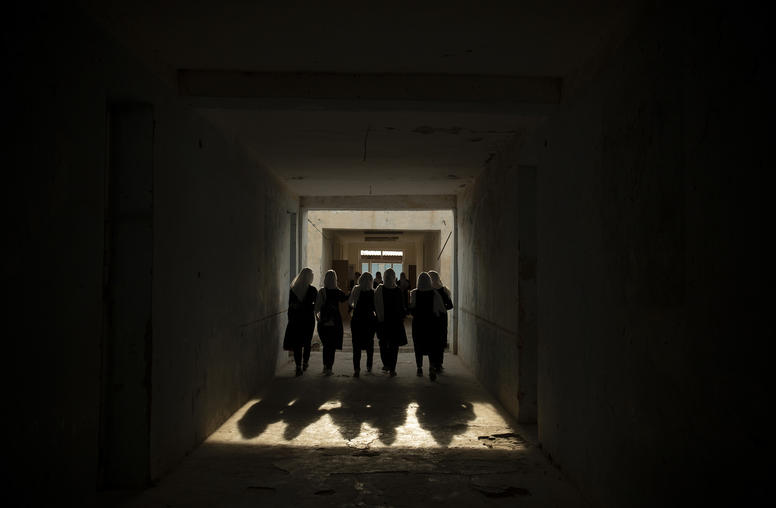
Kabul School Bombing Reinforces Fears Over Post-Withdrawal Security
For the Dasht-e-Barchi neighborhood of Kabul, home to the Hazara minority group, the devastating May 8 bombing outside a school is part of a disturbing trend of attacks in the area. The bombing killed at least 85 and injured around 150 — mostly young girls — and coincided with concerns of escalating violence as the United States withdraws combat troops from Afghanistan. Although no group has claimed responsibility, the Islamic State group (ISIS) has perpetrated similar attacks in the past and many suspect it was again responsible.
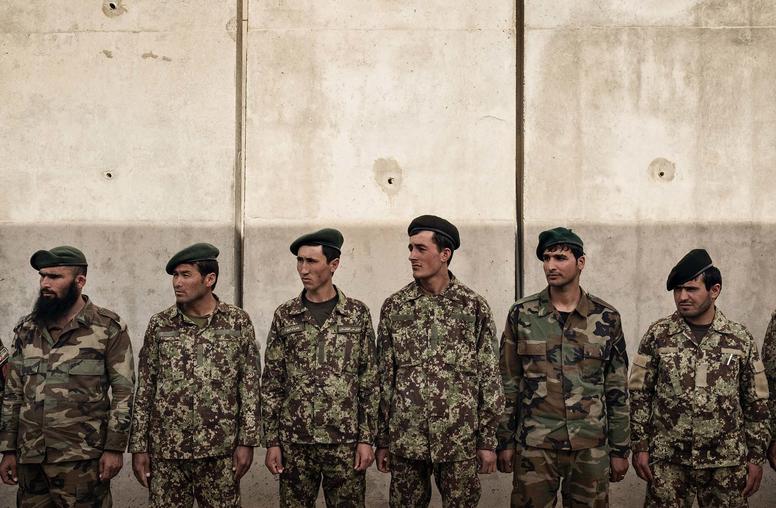
How Missing Data Can Make the Global Fragility Strategy Work
As glaring inequalities in the global recovery from COVID-19 become clearer, the U.N. has warned of growing risks of political tensions and conflict in many countries. This poses a daunting challenge to U.S. foreign policy and presents a test for the new Global Fragility Strategy (GFS), which aims to reduce state fragility and break cycles of violence in critical regions. What the GFS lacks, however, is a clear “theory of success” that explains why and how proposed actions will lead to desired outcomes in fragile states. A new capacity-based approach is needed to identify fragile states with high potential for effective engagement, particularly security sector reform (SSR).
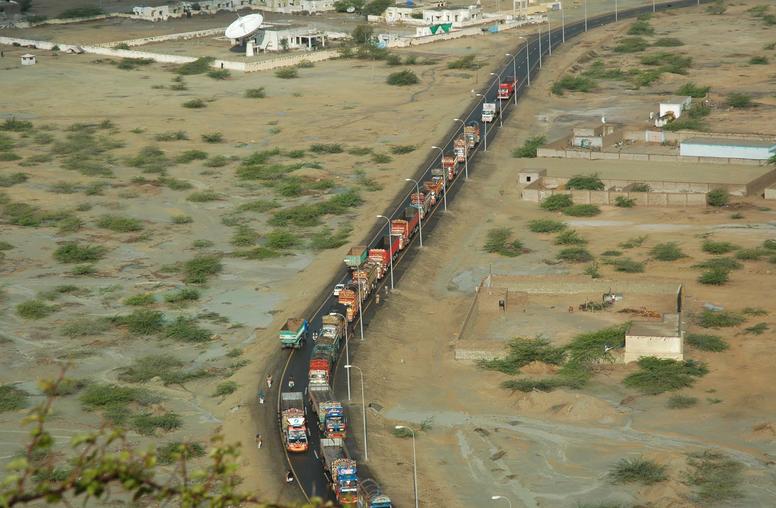
Pakistan’s Growing Problem with its China Economic Corridor
The China-Pakistan Economic Corridor (CPEC) has deepened the decades-long strategic relationship between the two Asian nations. But it has also sparked criticism, including that it burdens Pakistan with mountains of debt, allowing China to use “debt-trap diplomacy” to gain access to strategic assets. While some of this criticism is valid, a closer look indicates that concerns around debt sustainability, tepid economic growth and overall economic and social instability in Pakistan predate CPEC. Moreover, it is the lack of long-term structural reforms that has stymied equitable socioeconomic progress in Pakistan.
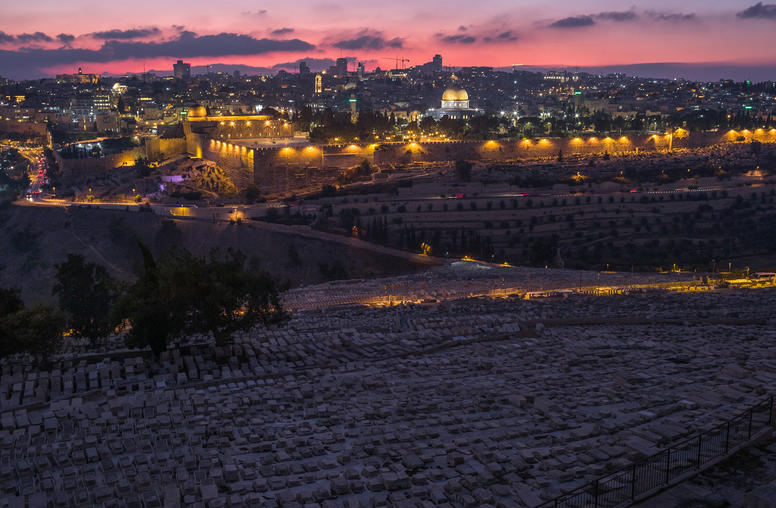
The Israeli-Palestinian Conflict Amid a New Reality and a New Region
Thirty years ago, the Madrid Middle East Peace Conference aimed to resolve the Arab-Israeli conflict and initiated what we now think of as the Israeli-Palestinian peace process. Three decades later, the world and the region have undergone tectonic changes, bearing little resemblance to 1991 when the Cold War came to a close. Yet, Israeli and Palestinian leaders are still dealing with their conflict as if it is business as usual. The time has come for them to take a more sober look at the global and regional trends that spell trouble for them and their peoples. Without such a reorientation from leadership on both sides, it is likely that there will be continued and escalating rounds of violence like what we witnessed this past month.
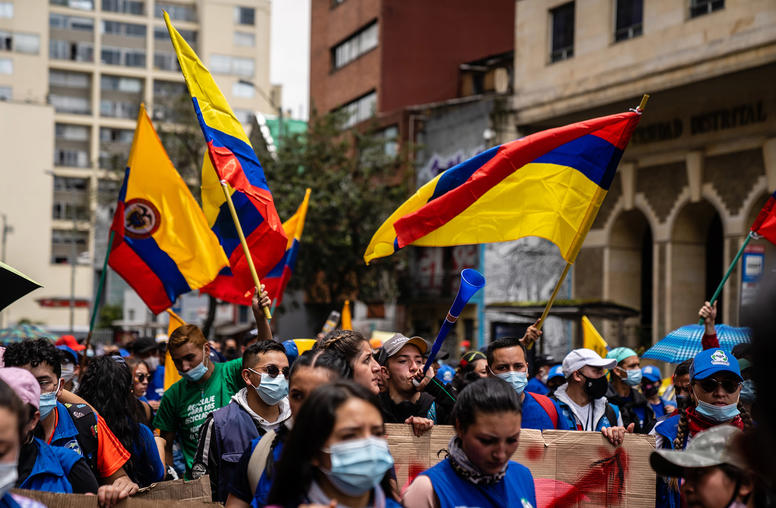
Colombia’s National Strike: Inequality and Legitimacy Crises Drive Unrest
After Colombia’s government proposed new tax hikes, social organizations and movements called for a national strike on April 28 across the country. Protesters believed the new fiscal policy — which the government said was aimed at mitigating the pandemic’s economic impact — would disproportionately hurt poor and vulnerable sectors of society. Although the marches and mass gatherings were initially widespread and peaceful, security forces cracked down on demonstrators accused of taking part in vandalism, killing at least 43 and injuring hundreds more. Meanwhile, pre-existing and resulting anger among some groups of protesters led to attacks on security forces and police stations, setting off a cycle of violence.
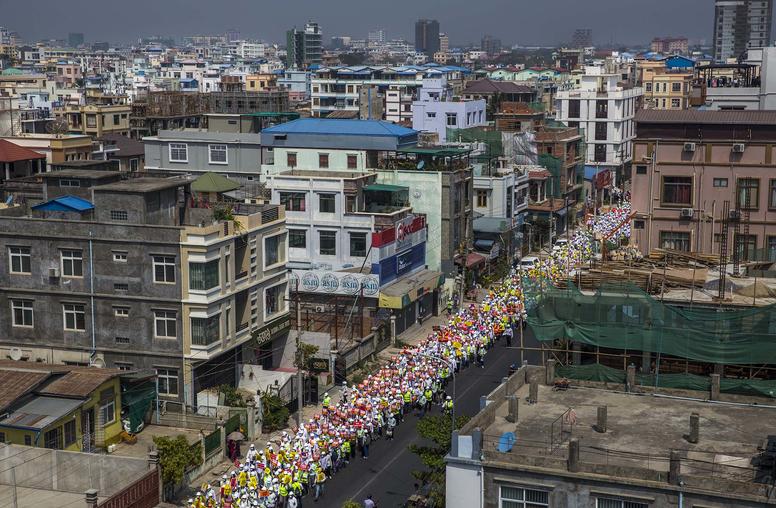
Chaos in Myanmar Is China’s Nightmare
The suspicion that China approved the military coup against Myanmar’s elected government runs deep among Burmese resisting their new dictatorship. Perhaps proof of such meddling will emerge someday. For now, what seems clear is that China would not have chosen to knowingly embroil its interests in Myanmar in the chaos that has followed the army’s power grab. On virtually every front, from public health to national security, China now faces new threats created by the post-coup breakdown in governance and the rule of law. As these consequences come into focus, Beijing will have to decide whether to maintain its tacit acceptance of the generals’ regime or take a different policy tack to protect investments in its neighbor to the south.